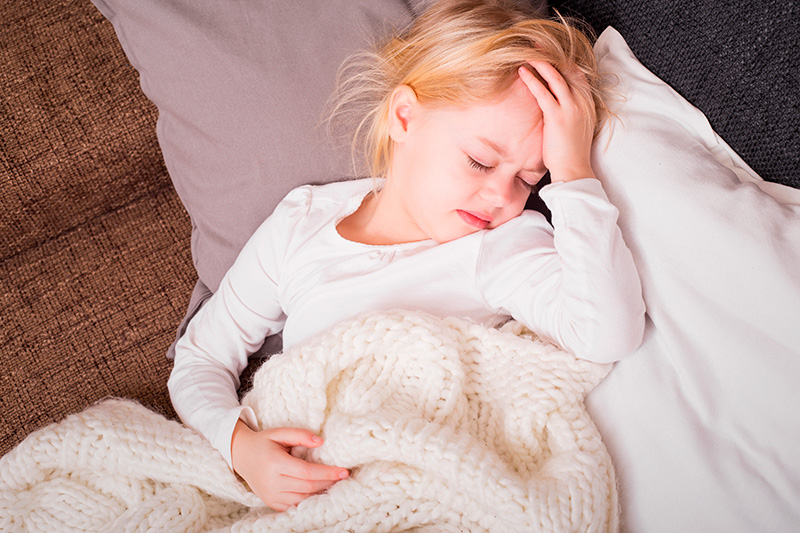
Busy classrooms can be a hotspot for spreading germs – especially during chilly months with kids in close quarters.
Pediatric Nurse Practitioner Sara Gergen offers these simple tips to help keep your kids (and you!) healthy through the school year:
Keep sick children at home. Children should not be in school if they have a fever over 100.4 degrees, or symptoms of a fever: feeling flushed, chills, or body aches. Your child should be fever-free (without Tylenol or ibuprofen) for 24 hours before returning to school. Germs are spread in close-contact situations; being ill in a classroom setting puts everyone in the classroom at risk for getting sick.Sticking with these simple recommendations can help keep kids healthy . . . and in school, learning and growing. Wash your hands. Washing your hands often – and encouraging your child to wash their hands – helps prevent the spread of illness. Cover your cough. Teach children to cover their sneeze and cough, and clean your hands with soap and water or hand sanitizer when you cough to help prevent the spread of germs. Get a flu vaccine for everyone in the family. The Center for Disease Control says it’s the single most important thing you can do to help prevent the flu for yourself, and those around you, including all the children in your child’s classroom. CDC recommends that everyone six months of age and older gets a flu vaccine each year by the end of October. That includes pregnant women, too.
Meet Sara Gergen, CPNP-PC, NNP-BC. She sees kids of all ages in the Northfield Clinic. Make an appointment: 507-646-1494.
Learn more about Sara Gergen or Pediatrics and our other pediatricians.
